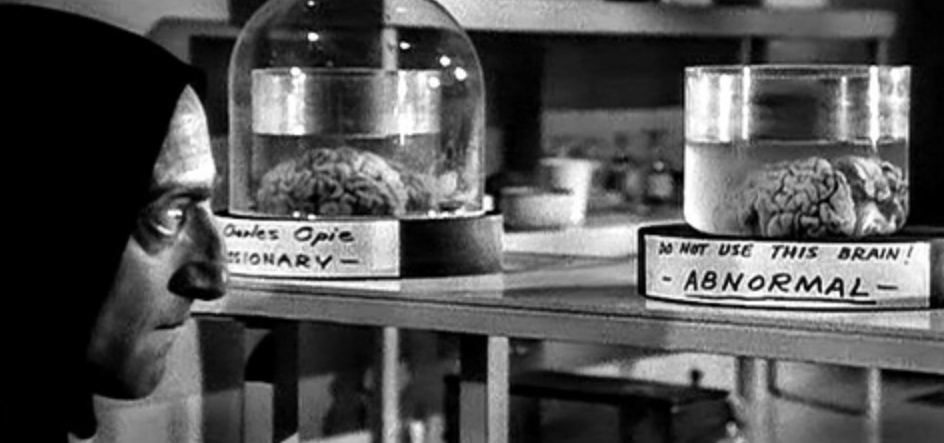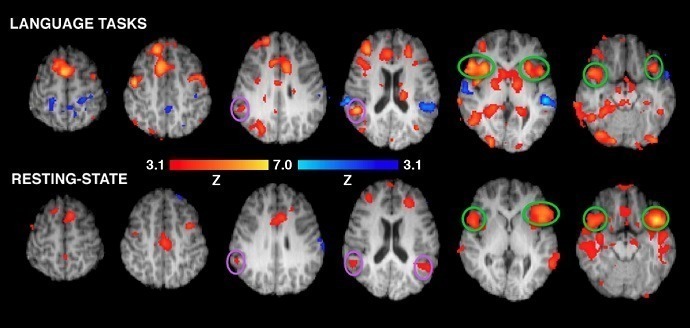Posts Tagged ‘surgery’
New study reinforces need for proactive cognitive monitoring after heart surgery
___ Heart surgery: Does it impact cognitive ability? (Medical News Today): “Almost 8 million people in the United States undergo cardiovascular surgery or other related procedures each year. Thanks to the steady improvements made by medical science, the procedures are becoming ever safer and can give people a new lease of life. Aware of improvements in physical health…
Read MoreHarnessing neurotech for actual Human Enhancement — i.e., how to prevent ‘Frankenstein’ Brains
___ The Neurotech Revolution Could Lead To ‘Frankenstein’ Brains. Here’s How We Avoid It (Forbes): “Year 2030, your college-age daughter, who has normal hearing, has been pounding on you to get the latest hearing aid that allows one to cancel out noise on demand, amplify selected ambient conversations at will, and can easily connect to…
Read MoreStudy: Brain scans mapping language and memory areas can help guide epilepsy-related surgeries
Can brain scans help doctors navigate epilepsy surgery? (UPI) “…When medication doesn’t effectively control epilepsy, surgery may be recommended. Doctors can remove the part of the brain that triggers seizures or use certain procedures to control seizure activity. Before surgery, however, the brain must be “mapped” to ensure the regions responsible for language and memory…
Read More


